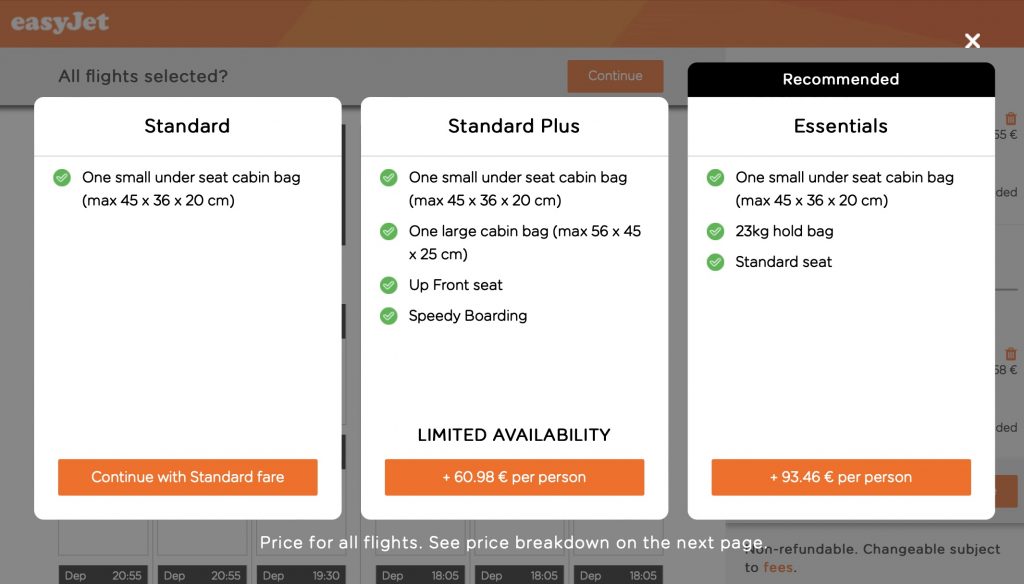Ajay Singh, Chairman and Managing Director of Indian carrier SpiceJet, is said to be in talks with a Middle Eastern carrier and an Indian conglomerate to partially sell a portion of his stake in the budget airline.
Singh holds around 60 percent stake in the airline.
“The company continues to be in discussions with various investors to secure sustainable financing and will make appropriate disclosures in accordance with applicable regulations,” a SpiceJet spokesperson said.
A major Middle Eastern airline has expressed interest to pick a 24 percent stake and a board seat in SpiceJet. An Indian business conglomerate has also approached Singh for a stake in the airline, IANS reported while quoting a source.
With two carriers — Akasa and Jet 2.0 — set to debut in India this year, the stake sale would help bring much-needed equity infusion into SpiceJet, India’s third largest airline by market share.
The airline posted a net loss of $158 million in the April-December period of 2021, and is yet to declare financial results for the January-March period of 2022.
Last year, Indian aviation watchdog Directorate General of Civil Aviation (DGCA) noted that SpiceJet had been operating on “cash and carry” method and approved vendors were not being paid on regular basis.
On August 2, SpiceJet stated that it had entered into a full and final settlement with the Airports Authority of India and has cleared all outstanding principal dues of the airport operator. “With this, SpiceJet will no longer remain on “cash and carry” at AAI run airports across the country and will revert to advance payment mechanism for daily flight operations,” a statement from the airline read.
Last year, SpiceJet had also announced its plan to transfer its cargo and logistics services on a slump sale basis to its subsidiary SpiceXpress to help the company raise funds independently. “The proposed hiving off of SpiceXpress is proceeding as per plan,” the airline spokesperson said.
Last month, DGCA issued a show-cause notice to Spicejet after its aircraft were hit by at least eight incidents of technical malfunction since June 19. The incidents included crack in the aircraft’s windshield, engine catching fire, weather radar malfunction and fuselage door warning.
On July 27, the airline was asked to operate only 50 percent of its approved flights for summer schedule for eight weeks.
